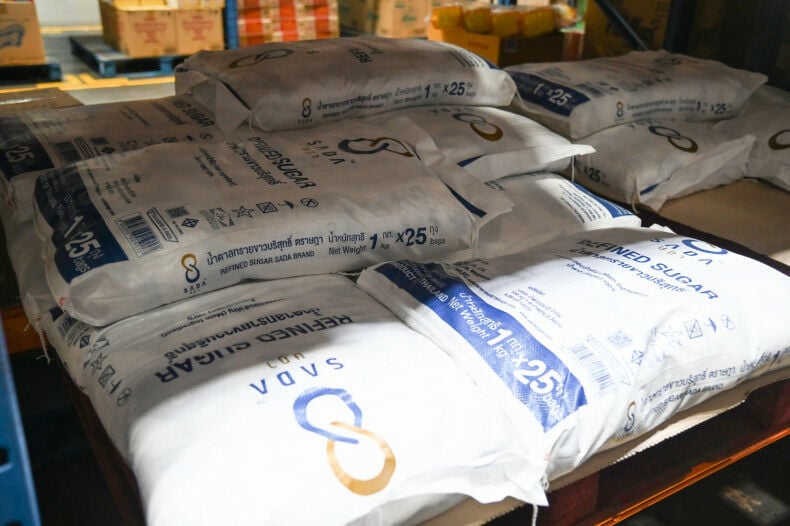Sweet setback: Thailand’s sugar exports face sticky situation with government controls

Thailand’s sugar exports, which sit second globally behind Brazil, are threatened with potential delays in the coming year. This comes after the Thai government implemented new controls to guard the domestic supply and curb smuggling.
The newly instated regulations require official approval for the export of any quantity exceeding one tonne, a move that some traders have voiced concerns could hamper delivery speed.
Rathavudh Saetang, the assistant marketing manager of Khonburi Sugar, a key exporter, spoke to Reuters about the implications.
“The premium of Thai sugar is that buyers get quality products on time. This reduces our premium and impacts the confidence of overseas buyers.”
Thailand’s sugar production has suffered due to drought conditions, with output now expected to hit eight million tonnes. From this total, 2.5 million tonnes will cater to domestic consumption while 5.5 million tonnes will be exported, according to government data. This forecast shows a significant decrease from last year when Thailand exported 7.69 million tonnes of sugar.
Local white sugar is priced at 19 baht per kilogramme and refined white sugar at 20 baht per kilogramme. With the December contract trading at US$772.90 per tonne on the Intercontinental Exchange (ICE), world white sugar prices have reached a 12-year high.
The Thai government recently rescinded a domestic price increase of 20% per kilogramme just days after it was sanctioned. The reversal was an attempt to balance the interests of sugar cane farmers who have been grappling with higher costs without the ability to raise local prices.
Earlier this month, sugar manufacturers cautioned the government against infringing World Trade Organization (WTO) rules on free competition in the sugar trade. This warning followed the contentious decision to block the price increase, said Rangsit Hiangrat, director-general of Thai Sugar Millers Corp.
“The measures (so far) have reduced the income of sugar cane farmers and affect the whole industry — if prices are not good then who will grow sugarcane?”
The government has committed to introducing measures to support sugar cane farmers. However, the new regulations may provoke another confrontation with major sugar producers and exporters like Brazil. Brazil previously lodged a complaint with the WTO over Thai government measures that subsidised cane farming and sugar manufacturing, thereby disadvantaging other global market sellers.
In 2018, under the Prayut Chan-o-cha government, Thailand eventually conceded to market pressures and agreed to let sugar prices be determined by the market.
Latest Thailand News
Follow The Thaiger on Google News:


























